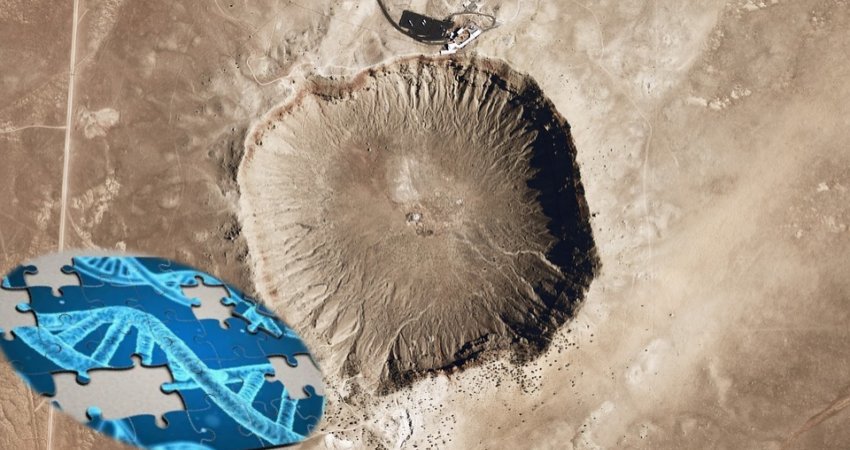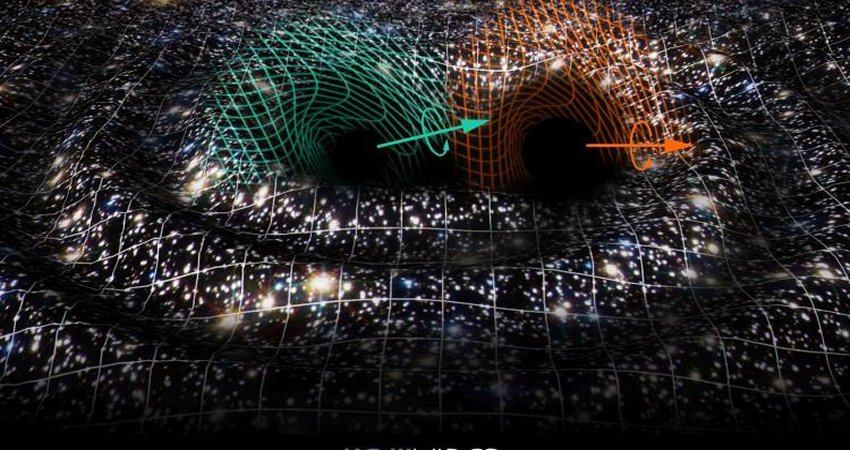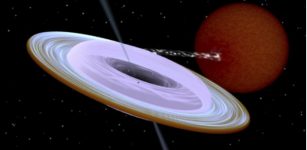Meteorite Impact Craters May Solve The Cradle Of Life Mystery
Eddie Gonzales Jr. – MessageToEagle.com – How did life on Earth start? It’s a question many have tried to answer, but we still have no clue.
Perhaps it’s time to investigate impact craters on our planet. Can they help us solve the cradle of life mystery?
What if impact craters, long seen as harbingers of death, turned out to be the cradle of life?
Planetary scientist Gordon Osinski from Western University is proposing that impact craters should absolutely be considered by space agencies as top exploration targets, not just for their invaluable post-impact geological records, but also, and perhaps more importantly as prime locations for seeking potential habitats for extraterrestrial life.

“There are a lot of hypotheses for where life started on Earth and where we should look for life on Mars, but we are actually overlooking a major geological force and a key habitat in understanding the origin of life and that’s meteorite impacts and their resulting craters,” said Osinski, Director of Western’s Institute for Earth and Space Exploration (Western Space).
“If you ask anyone to imagine what happens when you have kilometer-size chunks of rock hitting the Earth, it’s typically destructive. It’s an extinction event like the one that killed the dinosaurs,” said Osinski.
“What we’re trying to do here is turn that idea up on its head and say yes, the impact is initially destructive, but it also delivers the building blocks for life and creates new habitats for life. They [impact craters] essentially create an oasis for life.”
Osinski and collaborators propose that given the pervasive nature of impact events and their increased frequency during the first 500 million years of Solar System history that meteorite impact craters may represent the most likely sites where life originated on Earth. Unfortunately, says Osinski, we’ll never really know.
“I put my money on meteorite impacts as the place where life could have originated on Earth, but we’ll never know,” said Osinski, also Professor in Western’s Department of Earth Sciences. “Unfortunately, due to billions of years of erosion, plate tectonics, and volcanism, we’ve lost the vast majority of the ancient rock record on Earth. So we’re never going to know exactly where or even when, to be honest, life originated on Earth.”
But maybe it’s not too late for the Red Planet.
By exploring Mars with rovers like Perseverance and ExoMars, Osinski believes planetary scientists might eventually figure out the origin of life—and they just might—as long as they are looking in the right place.
See also: Advanced Non-Human Civilizations Could Have Lived On Earth Millions Of Years Ago – Scientists Say
“There are other impact craters on Mars that may have been better to explore with these ideas in mind,” said Osinski. “But Perseverance is going to land in Jezero Crater and there is evidence of minerals such as clays formed through hydrothermal activity.
It’s a good place to start to explore the role of meteorite impacts in the origin of life, as long as they look out for the habitats, nutrients, and building blocks for life that we outlined in our study.”
Written by Eddie Gonzales Jr. – MessageToEagle.com Staff










